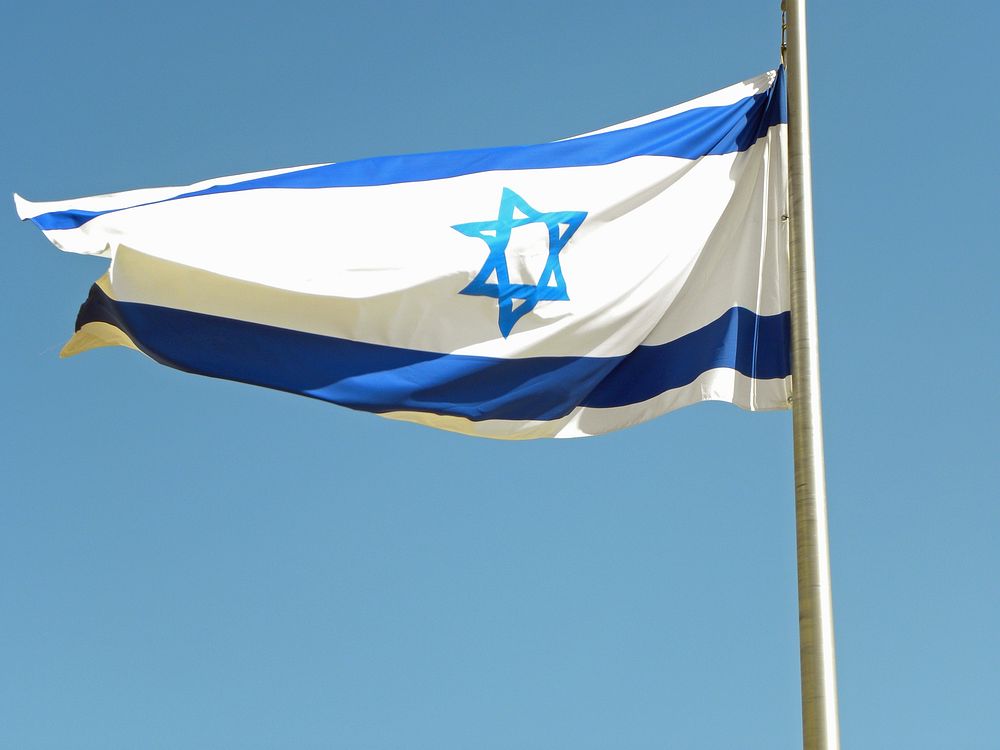A Path to Peace or Prolonging the Conflict?
The late Geula Cohen, a Likud member of Knesset was asked how she would react if her son, who at the time was serving in the IDF in Lebanon was captured. She replied that she would stand outside the Knesset and join the protestors in shouting and demanding that the Government do whatever it takes to get her son released. And then, she would go inside the Knesset and take her place in the parliament and tell her colleagues not to listen to the demonstrators outside.
Such is the dilemma facing Israel, and it explains why one cannot help but harbor mixed emotions over the current deal.
On the one hand, we are thrilled and elated for the hostages and the families of those whose loved ones will finally be freed and reunited after so many agonizing and painful months. We cannot underestimate how significant this is.
Yet on the other hand, there are only 33 who will be released in the first phase of the agreement, meaning that the current phase will not result in freeing of all of those still held in Gaza. It is unknown how many of those remaining are still alive.
The other two primary reasons the response is not universally greeted with enthusiasm is that Israel will have to release at least 1,000 convicted terrorists from its jails, including about 250 who were sentenced to life imprisonment. This is not an equivocal exchange of prisoners, but of people kidnapped against their will who have been held in torturous unimaginable conditions being freed in exchange for the disproportionate release of murderers and terrorists. The ill-fated deal to exchange 1,000 Palestinian prisoners for one soldier, Gilad Shalit which was the result of public pressure on the government to reach an agreement hangs in the background as a worrisome shadow.
Additionally, while Hamas’ fighting capacity and arsenal of weapons is severely depleted, and despite the overwhelming success of the IDF in weakening it and Hezbollah, the threat to Israel is not completely eliminated. As long as those who wish to destroy Israel believe they can fight another day and do not abandon their hope of being successful in their desire to eradicate Israel, the conflict will continue, and more lives will be lost.
Unfortunately, many pundits and policymakers naively believe that the outcome of the war should be the creation of a Palestinian state which will solve the problem and magically result in Palestinian militants and terrorists laying down their arms. It is hard to see how this would not be interpreted as a reward for the attack on October 7 and validation of violence as a tactic which yields results, especially since the goal of Hamas and its patrons is not the creation of a state of their own, but the elimination of the Jewish state. Anyone who advocates for a Palestinian state at this time should be asked to explain what steps the Palestinians have taken to show that they deserve a state and that they want to live peacefully alongside Israel, and not just to use it as a launching pad to destroy their neighbor.
I am reminded of Woody Allen’s take on the Biblical vision of the prophet that the lion and the lamb should lie down together, but as he said, the lamb probably won’t get too much sleep.
There is no right or wrong answer, for it is a struggle to balance two equally valid competing principles – Israel’s pledge to do everything in its power to redeem captives and leave no one behind and the need to keep its citizens safe from future attacks.
Never before has the saying, “it’s not over til its over” been more applicable. There is a high level of Justified distrust on all sides, and we must not forget that that one side is a terrorist organization with a history of deception that uses it as a tactic. Nevertheless, let us be glad that some of the hostages will be freed, and hope it will be a first step that will lead to all being released.
And let us pray that Gazans will come to realize they have much more to gain by living in peace with Israel than in trying to destroy it.
Rabbi Stuart Weinblatt
Chairman, Zionist Rabbinic Coalition





